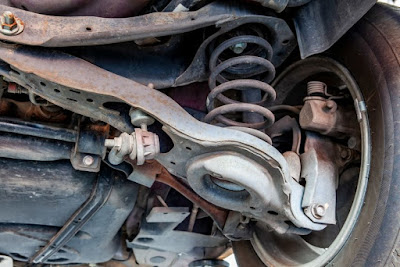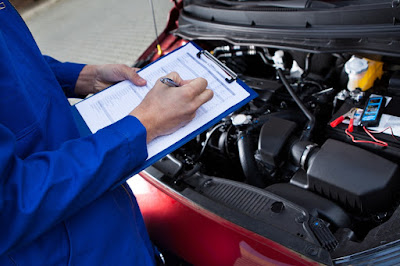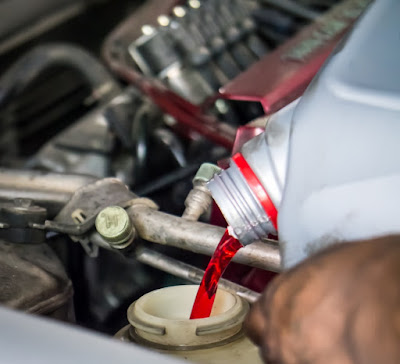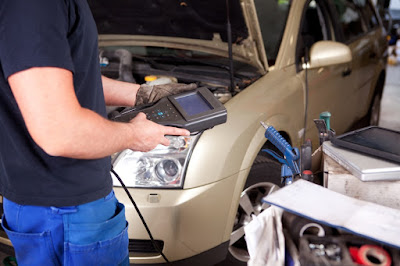What gives you a smooth and relaxed ride in your vehicle? It’s the automotive shocks, depending on your vehicle! The purpose of the steering and suspension systems is to keep your ride smooth and safe, working together in harmony. But as the miles accumulate on your car, the components of these two systems will ultimately wear out.
Just like most of the other parts and systems in a vehicle, automotive shocks and struts have a specific maintenance schedule. Your auto mechanic may advise to replacing these parts between every 50,000 to 100,000 miles. Of course, the lifetime of shocks and struts will depend largely on how and where you drive. Do you drive mainly on smooth straight roads, or do you travel over roads filled with ruts and potholes?
So what are signs of bad struts or automotive shocks?
- Poor steering response.
- Swaying and leaning when turning and changing lanes.
- Vehicle bounces excessively when driving.
- Braking performance is unstable.
- Vehicle Nosedives when braking hard.
- Tire "Cupping" as the rubber wears off the tire every time it hits the ground.
- Hydraulic Fluid leaking from inside the strut or shock.
If you notice that you are struggling to control your vehicle as you drive down the road, check out the shocks or struts. For increased safety, stopping performance, vehicle stability, and control, it may be time to replace your car shocks or struts.
Are you wondering what are signs of bad struts and automotive shocks? Call the ASE-certified technicians at Proshop Automotive for more information about the suspension system and to make an appointment. Our auto repair shop proudly serves residents in Colton, CA, and the surrounding areas.






